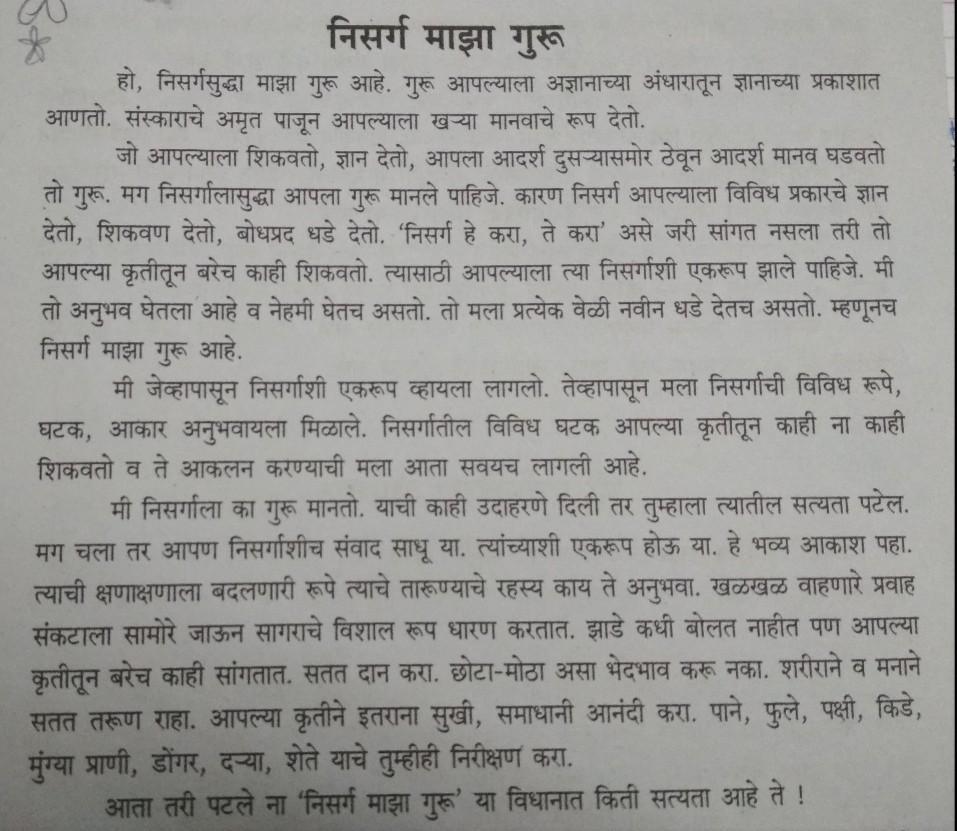Answer:
The C-O bond will have minimum bond length.
Therefore, option (4) is correct.
Explanation:
We know that the bond length of a bond is inversely proportional to its bond order.
The bond order is the half of the difference of the electrons in bonding orbital and antibonding orbitals.
For C-H bond, carbon has 6 electrons and hydrogen has one electron. So the total electrons C-H bond has seven.
C-H bond :- [tex]\sigma 1s^2 \; \sigma^*1s^2\; \sigma 2s^2 \; \sigma^*2s^1[/tex]
Bond order of C-H bond [tex]=\frac{1}{2}[4-3]=\frac{1}{2} = 0.5[/tex]
For N-O bond, N has 7 electrons and O has 8 electron. So the total electrons N-O bond has 15.
N-O bond :- [tex]\sigma 1s^2 \; \sigma^*1s^2\; \sigma 2s^2 \; \sigma^*2s^2\; \pi 2p^2_x \; \pi 2p^2_y \; \sigma 2p_z^2 \; \pi 2p_x^1[/tex]
Bond order of N-O bond [tex]=\frac{1}{2}[10-5]=\frac{5}{2} = 2.5[/tex]
For O-H bond, oxygen has 8 electrons and hydrogen has one electron. So the total electrons O-H bond has nine.
O-H bond :- [tex]\sigma 1s^2 \; \sigma^*1s^2\; \sigma 2s^2 \; \sigma^*2s^2\; \sigma 2p^1_z[/tex]
Bond order of O-H bond [tex]=\frac{1}{2}[5-4]=\frac{1}{2} = 0.5[/tex]
For C-O bond, C has 6 electrons and O has 8 electron. So the total electrons N-O bond has 14.
C-O bond :- [tex]\sigma 1s^2 \; \sigma^*1s^2\; \sigma 2s^2 \; \sigma^*2s^2\; \pi 2p^2_x \; \pi 2p^2_y \; \sigma 2p_z^2[/tex]
Bond order of C-O bond [tex]=\frac{1}{2}[10-4]=\frac{6}{2} = 3[/tex]
Therefore, the C-O bond has highest bond order, so it has minimum bond length.
To know more about "find out the bond length of H-F"
https://brainly.in/question/22190558
"The Cr-C bond length decreases and CO bond length increases":-
https://brainly.in/question/6061611

